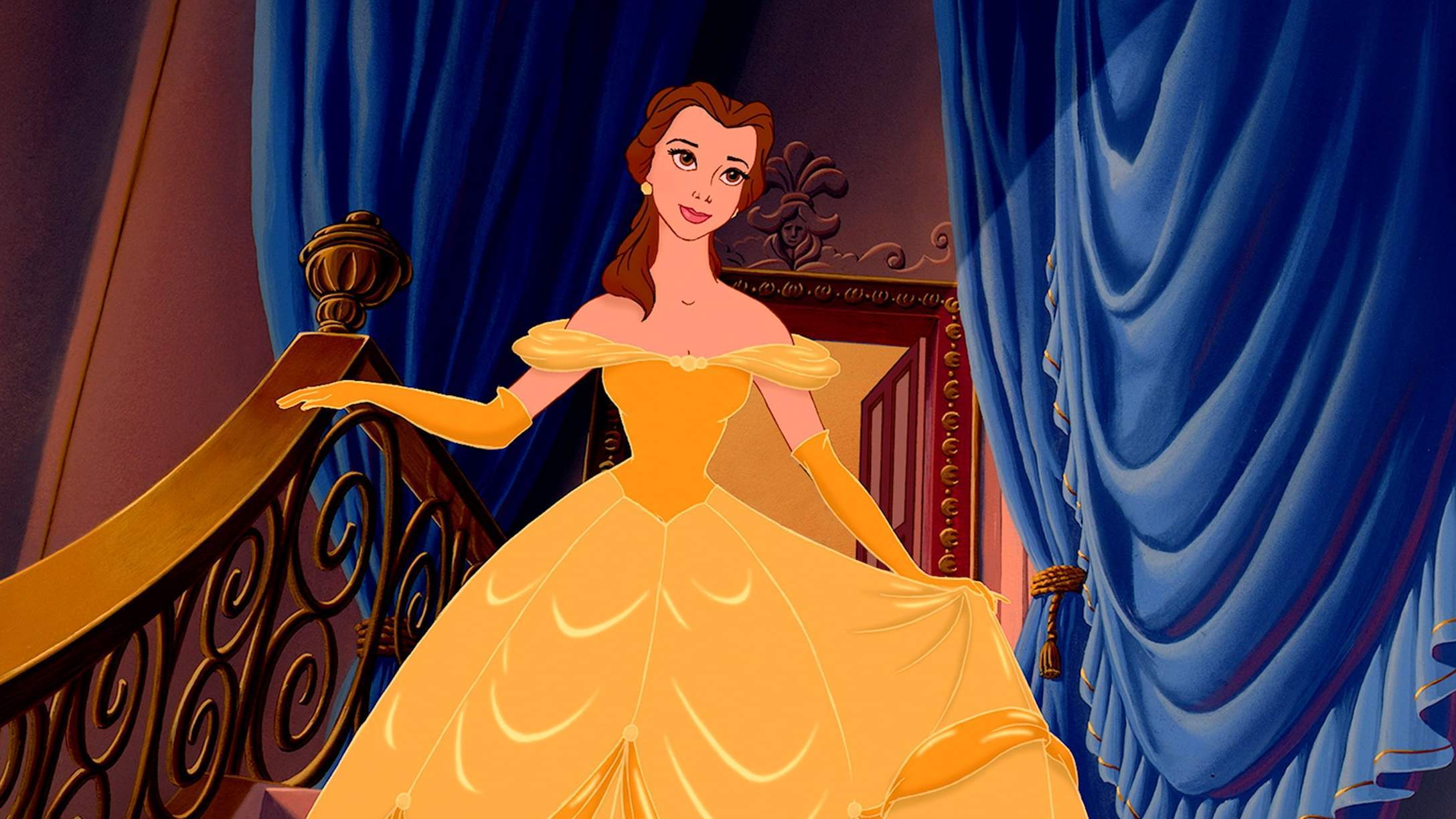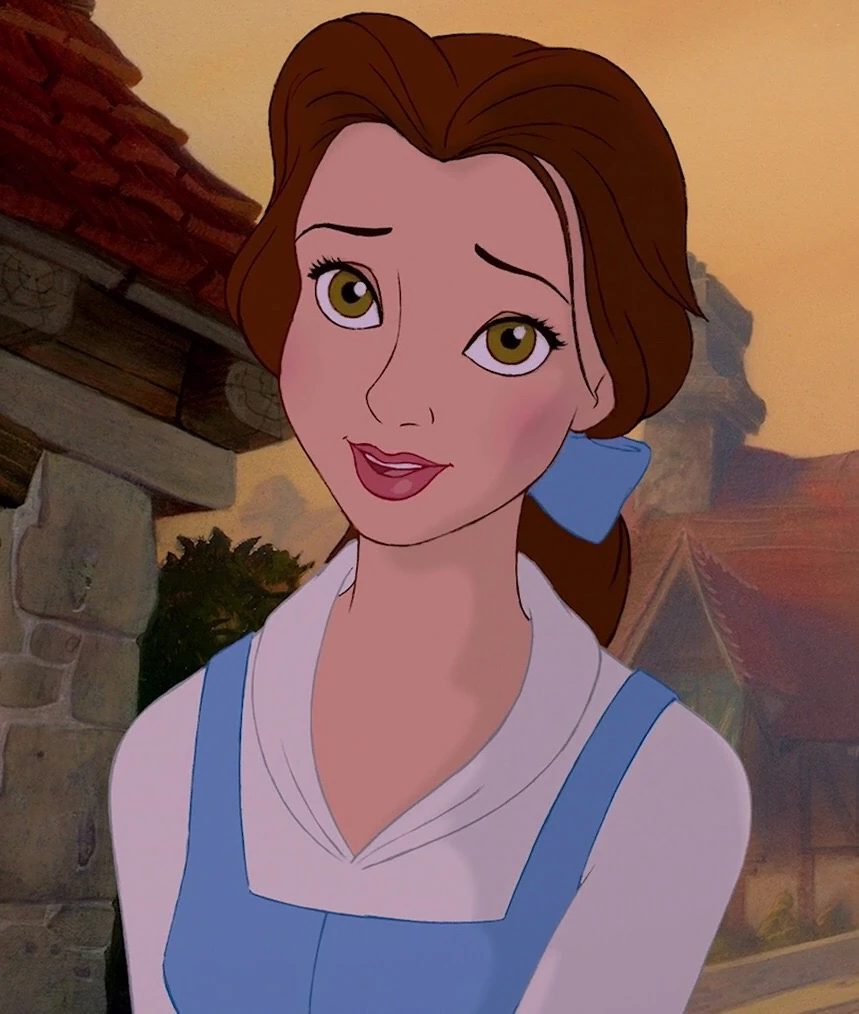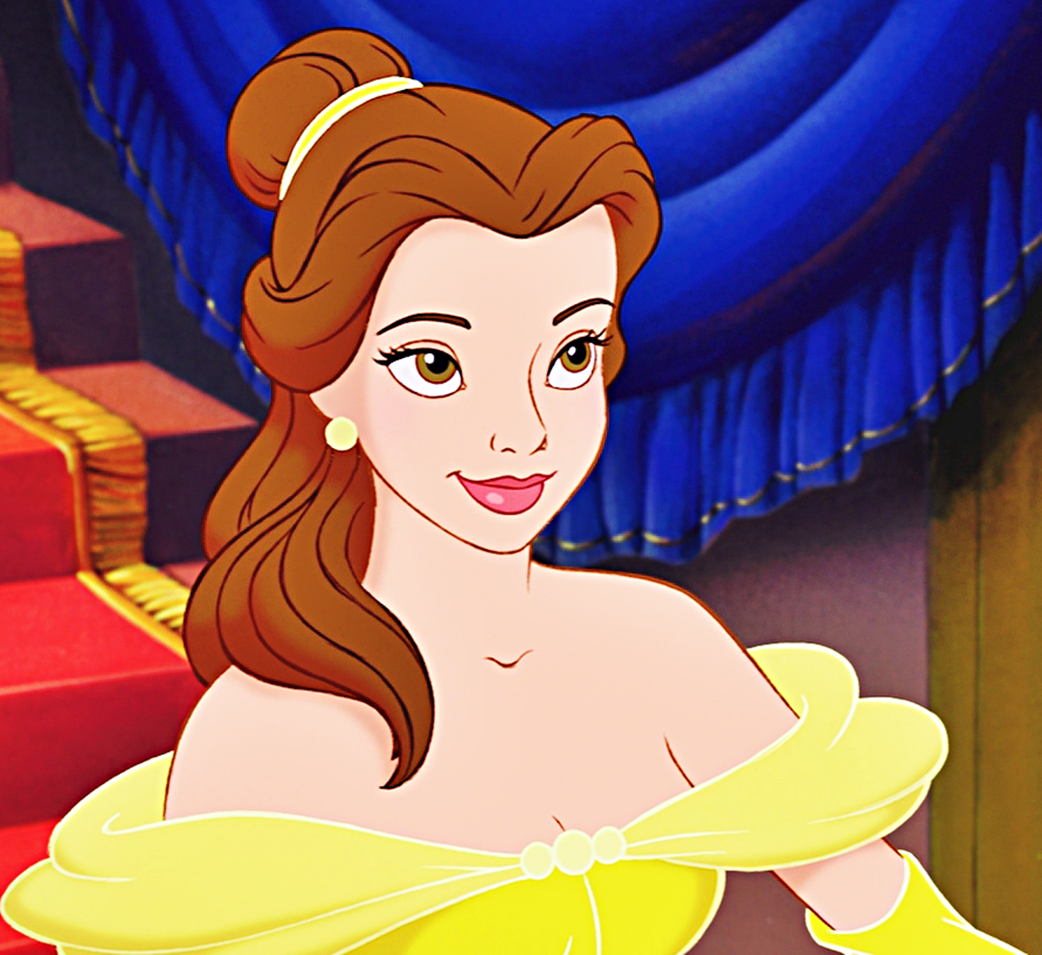Belle Gibson Jail Sentence: Unpacking The Wellness Scammer's Fate
Netflix's compelling new series, "Apple Cider Vinegar," has thrust the infamous case of Australian wellness influencer Belle Gibson back into the spotlight. As viewers witness the dramatized account of her elaborate deception, a singular question repeatedly surfaces, igniting widespread curiosity and confusion: "Did Belle Gibson go to jail?" This question, particularly concerning a "Belle Gibson jail sentence," is at the forefront of many viewers' minds as they delve into the shocking true story of the Australian wellness fraudster.
The series meticulously details Gibson's ascent, built upon a foundation of false claims about terminal cancer and a miraculous recovery attributed to her "healthy lifestyle." She leveraged this fabricated narrative to create a popular mobile app and cookbook, amassing a significant following and considerable wealth. However, as the show progresses, it notably "stops short of showing the messy legal fallout following Gibson's professional implosion," leaving a crucial gap in the narrative that many viewers are eager to fill. This article aims to provide a comprehensive answer to whether Belle Gibson faced a prison sentence and to clarify the real-life legal repercussions of her actions.
Table of Contents
- Who is Belle Gibson? A Brief Biography
- The Rise and Fall of a Wellness Empire
- The Burning Question: Did Belle Gibson Go to Jail?
- The Legal Fallout: Civil Case, Not Criminal
- Why No Prison Time for Belle Gibson?
- "Apple Cider Vinegar": Dramatizing the Deception
- Belle Gibson Today: Where Is She Now?
- The Lasting Impact of the Belle Gibson Scandal
Who is Belle Gibson? A Brief Biography
Annabelle Natalie Gibson, born on October 8, 1991, rose to prominence as an Australian wellness influencer, author, and app developer. Her public persona was meticulously crafted around a deeply personal and supposedly inspiring narrative: a young woman battling multiple aggressive cancers, including terminal brain cancer, who had miraculously cured herself through a strict regimen of healthy eating and alternative therapies. This compelling, albeit entirely fabricated, story resonated with millions, propelling her to significant fame and financial success. Gibson authored "The Whole Pantry" mobile app and a companion cookbook, both marketed as guides to healthy living that could supposedly aid in recovery from serious illnesses. Her claims were not merely anecdotal; she purported to have been diagnosed with various cancer pathologies, including brain cancer, which she claimed to be effectively managing or even reversing through her lifestyle choices. This narrative was incredibly powerful, drawing in a vast audience eager for hope and solutions, particularly those facing their own health struggles or seeking alternative wellness paths. However, the foundation of her empire was built on a lie, a deception that would eventually unravel and lead to a very public downfall. The question of a "Belle Gibson jail sentence" stems directly from the magnitude of this elaborate fraud and the widespread impact it had on her followers and the broader community.Personal Data: Annabelle Natalie Gibson
| Category | Detail |
|---|---|
| Full Name | Annabelle Natalie Gibson |
| Born | 8 October 1991 |
| Nationality | Australian |
| Known For | Health fraud, former influencer, pseudoscience advocate, author of "The Whole Pantry" mobile app and cookbook. |
| Key Deception | Falsely claimed multiple cancer pathologies (including brain cancer), purported to be cured by healthy lifestyle. |
The Rise and Fall of a Wellness Empire
Belle Gibson's story is a classic example of a meteoric rise fueled by an inspiring, yet ultimately fraudulent, narrative, followed by a dramatic and public implosion. Her journey from seemingly ordinary individual to a celebrated wellness guru captivated many, making her eventual exposure all the more shocking.Fabricating a Terminal Illness
At the core of Belle Gibson's empire was her deeply personal and fabricated health journey. She claimed to have been diagnosed with multiple cancer pathologies, most notably terminal brain cancer, which she asserted was effectively cured or managed by her specific "healthy lifestyle." This included a diet free of gluten, dairy, and refined sugar, alongside various alternative therapies. Her narrative was compelling: a young woman defying medical odds through natural means. This powerful story allowed her to build a significant following, particularly through social media platforms. Her "The Whole Pantry" mobile app, launched in 2013, offered recipes and lifestyle tips, quickly gaining popularity and even being featured on Apple's App Store. A companion cookbook soon followed, further solidifying her status as a wellness authority. She monetized her false claims, deceiving millions of people who believed in her story and sought to emulate her supposed path to health. The emotional appeal of her narrative, combined with the promise of a natural cure for a devastating illness, created a strong bond with her audience, many of whom were vulnerable or desperate for hope.The Unraveling of the Lie
The carefully constructed facade began to crumble in 2015. Questions arose regarding the veracity of Gibson's claims, particularly when she failed to donate promised proceeds from her app and book sales to various charities, including those related to cancer research. Journalists and concerned individuals started scrutinizing her story, finding inconsistencies and a lack of verifiable medical evidence to support her diagnoses or recovery. The exposure was swift and brutal. Media investigations revealed that her claims of terminal cancer were entirely false. Gibson eventually admitted in an interview that she had never been diagnosed with cancer, stating, "No. None of it's true." This admission sent shockwaves through the wellness community and the broader public. The betrayal felt by her followers was immense, as they had invested not only their money but also their trust and hope in her. Following the exposure, Australian wellness influencer Belle Gibson disappeared from the public eye, her once-thriving empire in ruins. The question of a "Belle Gibson jail sentence" became a dominant public discussion point, reflecting the outrage and demand for accountability.The Burning Question: Did Belle Gibson Go to Jail?
This is the question on everyone's lips, especially for those who have just watched Netflix's "Apple Cider Vinegar" and seen the extent of Belle Gibson's deception. The show, while dramatizing the true story, leaves viewers "completely baffled as to why lifestyle scammer Belle Gibson hasn't faced any jail time." So, for the real-life story: **No, the real Belle Gibson never went to jail.** Despite the significant public outcry, the widespread deception, and the clear violation of trust, Belle Gibson did not serve a prison sentence. This fact often comes as a surprise to many, who naturally assume that such a large-scale fraud would lead to incarceration. The Netflix series intentionally highlights this ambiguity, prompting viewers to "google what happened to Belle Gibson in real life so here's your answer." The show depicts that "belle did not spend any time in jail," aligning with the real-world outcome.The Legal Fallout: Civil Case, Not Criminal
While a "Belle Gibson jail sentence" never materialized, it doesn't mean she escaped legal consequences entirely. Her actions, though not leading to criminal charges that result in imprisonment, certainly led to significant legal battles and financial penalties. The nature of the legal proceedings against her was primarily civil, focusing on consumer protection and financial restitution rather than criminal punishment.Consumer Affairs Victoria Steps In
The first major legal action against Belle Gibson was initiated by Consumer Affairs Victoria (CAV), a regulatory body in Australia responsible for protecting consumer rights. In May 2016, CAV announced it was launching a civil case against Gibson and her company, The Whole Pantry Pty Ltd. This civil action was taken under Australian consumer law, specifically focusing on misleading and deceptive conduct. The core of CAV's case was that Gibson had engaged in unconscionable conduct by making false claims about her health and charitable donations to promote her products. Unlike a criminal case, which aims to punish offenders with penalties like imprisonment for breaking laws, a civil case typically seeks to resolve disputes between parties, often through financial compensation or orders to cease certain activities. This distinction is crucial in understanding why a "Belle Gibson jail sentence" was not the outcome. CAV sought to hold her accountable for misleading consumers and to prevent similar deceptions in the future.Federal Court Orders and Financial Penalties
The civil case brought by Consumer Affairs Victoria eventually proceeded to the Federal Court of Australia. In 2017, the Federal Court found Belle Gibson guilty of engaging in misleading and deceptive conduct. Justice Debbie Mortimer ruled that Gibson had engaged in "unconscionable conduct" by lying about having cancer and donating money to charity. As a result of the court's findings, Gibson was ordered to pay a significant fine. While the exact amount of the penalty imposed by the court isn't explicitly detailed in the provided data, it states that "belle did appear in court, and she was ordered by the federal" court. This order typically involves financial penalties designed to deter similar conduct and, in some cases, provide restitution. The court also gained insight into Gibson's financial situation during the proceedings. In a 2017 correspondence that was eventually disclosed by the federal court, Gibson claimed she was in debt to the tune of $170,000 and only had a modest $5,000 to her name. This financial disclosure painted a picture of her personal economic state, which likely influenced the court's decisions regarding the enforceability of any financial penalties. Despite the severity of her deception, the legal system's response was primarily focused on civil penalties rather than criminal incarceration, thus avoiding a "Belle Gibson jail sentence."Why No Prison Time for Belle Gibson?
The absence of a "Belle Gibson jail sentence" is a point of considerable contention and confusion for many, especially given the scale of her deception and the emotional distress it caused. To understand why she didn't go to prison, it's essential to consider the legal framework under which she was prosecuted. In Australia, as in many common law jurisdictions, the distinction between civil and criminal law is fundamental. Criminal law deals with offenses against the state or society as a whole, leading to penalties like imprisonment, fines, or community service. Fraud can be a criminal offense, but its prosecution depends on various factors, including the specific statutes violated, the intent, and the evidence available. Belle Gibson's case was pursued by Consumer Affairs Victoria, a consumer protection body, under civil law. Their focus was on misleading and deceptive conduct, which falls under consumer protection legislation. While her actions were undoubtedly fraudulent, the path taken by the authorities was to seek civil penalties, such as fines, rather than criminal charges that would typically lead to a prison sentence. This approach aims to protect consumers and deter future misconduct in the marketplace. It's possible that the evidence gathered, or the specific legal avenues available to the prosecuting bodies, led them to conclude that a civil case was the most effective or appropriate way to address her particular form of fraud. The legal system often weighs the severity of the act, the intent, and the practicalities of prosecution when deciding whether to pursue criminal charges versus civil remedies. For many, the lack of a "Belle Gibson jail sentence" feels like an injustice, but it reflects the specific legal mechanisms employed in her case."Apple Cider Vinegar": Dramatizing the Deception
Netflix's new limited series, "Apple Cider Vinegar," serves as a powerful dramatization of the Belle Gibson scandal, bringing her story to a global audience. The series, which many thought "was one of the most exciting new Netflix shows set to be released in 2025," has indeed "not disappointed" in its portrayal of the "insane actions and scams orchestrated by Belle Gibson." Starring Kaitlyn Dever as Belle Gibson, the show tells a "dramatized version of the true story of Belle Gibson," meticulously detailing how she "faked a cancer diagnosis to build her wellness empire." The series gives viewers a "firsthand look at all the insane actions and scams orchestrated by Belle Gibson," from her initial claims of brain cancer to the launch of her successful app and cookbook, and ultimately, her public exposure. However, a key aspect of the show, as noted by viewers, is that it "stops short of showing the messy legal fallout after her professional implosion." In the final moments of the series, "we see Dever's Belle Gibson breaking the fourth wall to address her fate," but the show doesn't explicitly depict a "Belle Gibson jail sentence" or the detailed court proceedings. This narrative choice leaves many viewers "completely baffled as to why lifestyle scammer Belle Gibson hasn't faced any jail time," prompting them to seek out the real-life answers. The series effectively highlights the emotional and societal impact of her fraud, even if it leaves the specific legal resolution to external inquiry.Belle Gibson Today: Where Is She Now?
After the dramatic unraveling of her lies and the subsequent legal proceedings, Belle Gibson largely disappeared from the public eye. The provided data indicates that "Australian wellness influencer Belle Gibson disappeared from the public eye when she was exposed for lying about having cancer in 2015." While the Netflix series "Apple Cider Vinegar" brings her story to a new generation of viewers, it, like much of the public record, doesn't offer a clear picture of her current whereabouts or activities. The public's desire to know "where is she now?" is a natural consequence of the profound impact her deception had. A decade after she admitted she didn't have terminal brain cancer, the story of her fraud continues to resonate, inspiring dramatizations like "Apple Cider Vinegar." However, specific details about her life today remain largely private. This lack of public information further fuels the mystery surrounding her fate, particularly in the context of the unfulfilled expectation of a "Belle Gibson jail sentence." Her retreat from the spotlight suggests a desire for anonymity after such a high-profile scandal.The Lasting Impact of the Belle Gibson Scandal
The Belle Gibson scandal, despite the absence of a "Belle Gibson jail sentence," left an indelible mark on the wellness industry, public trust, and consumer protection. Her case became a cautionary tale, highlighting the dangers of unverified health claims and the ease with which charismatic individuals can exploit public vulnerability. Firstly, it underscored the critical importance of skepticism and due diligence when encountering health advice, especially online. Gibson's story served as a stark reminder that not all "gurus" or "influencers" operate with integrity, and that personal anecdotes, no matter how compelling, are not substitutes for scientific evidence or professional medical advice. For consumers, it reinforced the need to verify credentials, seek multiple sources of information, and consult healthcare professionals for serious health concerns. Secondly, the scandal prompted greater scrutiny of the wellness industry itself. It exposed loopholes and a lack of regulation that allowed individuals to make unsubstantiated claims and profit from them. Regulatory bodies like Consumer Affairs Victoria stepped in, demonstrating a commitment to protecting consumers from misleading practices. The case also sparked discussions about ethical marketing and the responsibilities of platforms that host such content. Finally, the emotional betrayal felt by Gibson's followers highlighted the profound impact of health fraud. Many had invested not just money, but hope and emotional energy into her story, only to discover it was a cruel fabrication. This aspect of the scandal emphasizes why such cases, even without a criminal conviction leading to a "Belle Gibson jail sentence," resonate so deeply with the public and demand accountability. The lasting legacy of the Belle Gibson affair is a heightened awareness of the need for critical thinking, transparency, and robust consumer protection in the ever-expanding world of health and wellness.Conclusion
The story of Belle Gibson is a complex and cautionary tale of deception, ambition, and the profound impact of lies in the digital age. While the Netflix series "Apple Cider Vinegar" has reignited public interest, the core question remains: "Did Belle Gibson go to jail?" The definitive answer, as clarified by real-life events and legal records, is no. Despite breaking the law through misleading and deceptive conduct, she was never sentenced to prison. Instead, Belle Gibson faced significant legal consequences in the civil courts, ordered to pay financial penalties by the Federal Court of Australia following a case brought by Consumer Affairs Victoria. This outcome, while not a "Belle Gibson jail sentence," served as a powerful legal rebuke and a deterrent against similar fraudulent activities in the wellness sphere. Her story stands as a stark reminder of the importance of verifying information, especially in areas as critical as health, and the need for robust consumer protection against those who would exploit trust for personal gain. The public's continued fascination with Belle Gibson's case underscores a fundamental desire for justice and accountability. It also serves as a vital lesson: always question, always verify, and always prioritize credible, evidence-based information, particularly when it pertains to your health and well-being. What are your thoughts on the outcome of the Belle Gibson case? Share your perspectives in the comments below, and consider exploring other articles on our site that delve into consumer protection and ethical practices in the digital world.
Belle | Disney Princess

Belle | Disney Wiki | Fandom

Walt Disney - Princess Belle - Belle Photo (37344355) - Fanpop